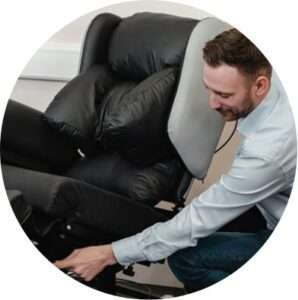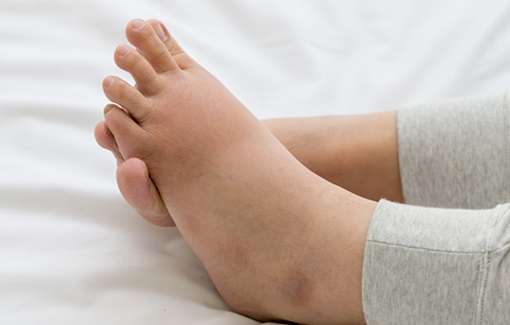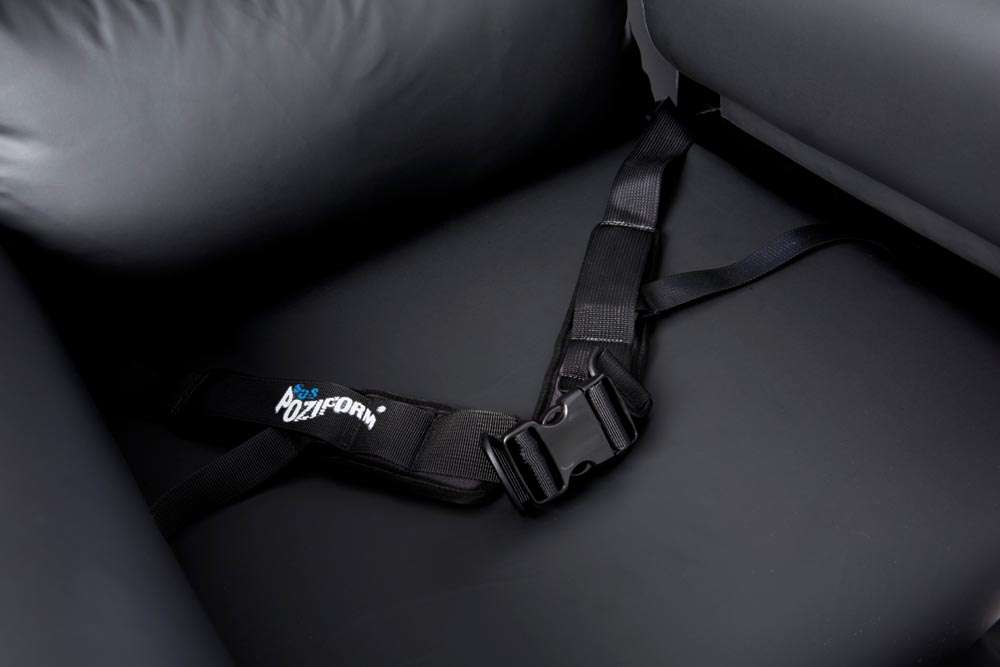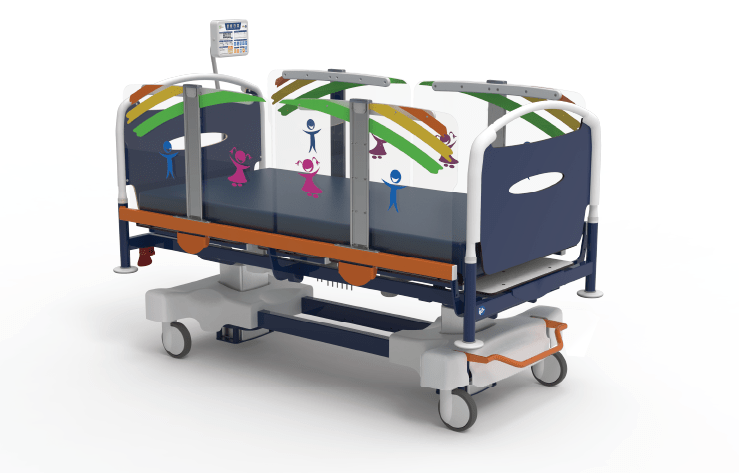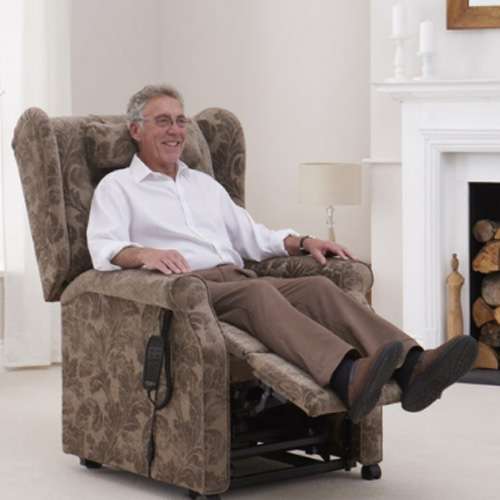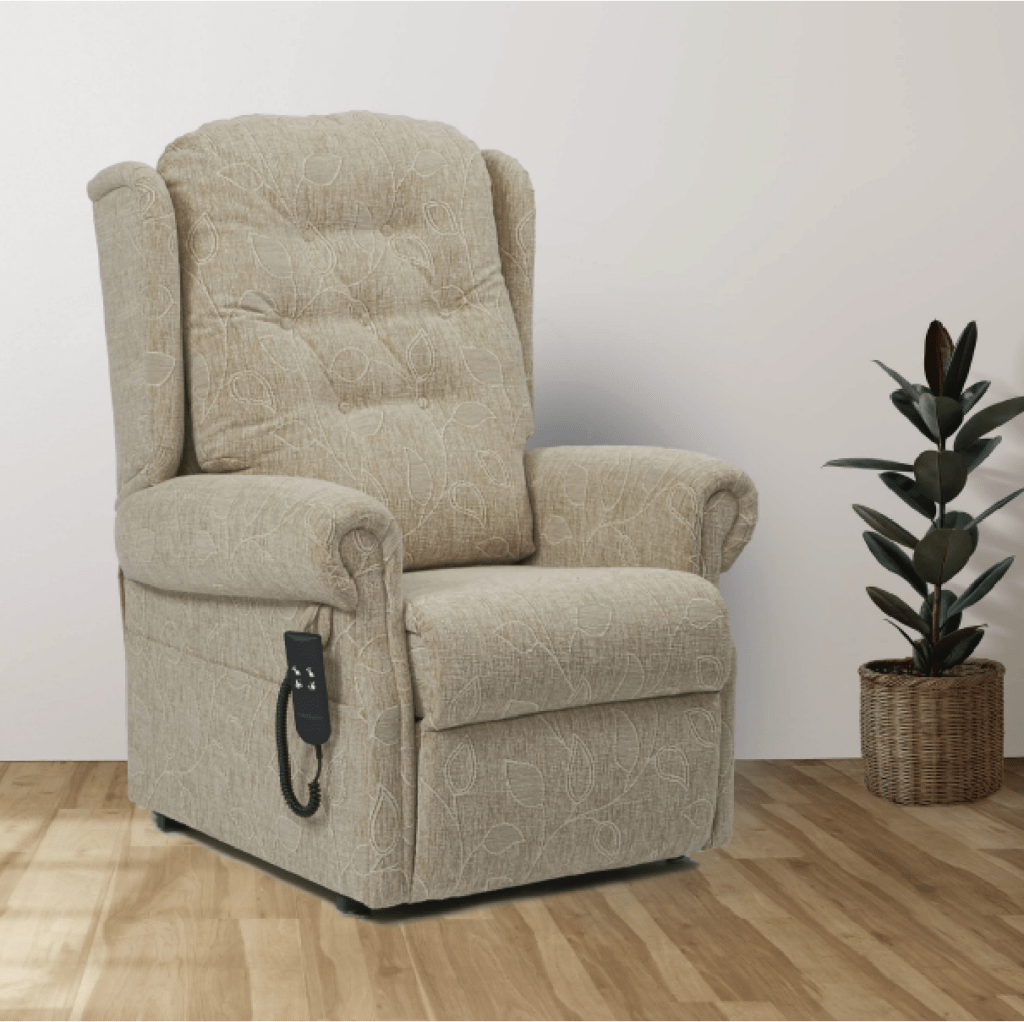Supplying specialist seating for people with arthritis is critical to making sure that they are comfortable at all times. Arthritis affects millions of people worldwide in a variety of different ways.
This guide explores top chair recommendations, essential features to consider, and answers frequently asked questions to help you find the best chairs for people with arthritis.
Jump straight to…
Types and Symptoms of Arthritis
The main symptoms of arthritis are joint pain, swelling and stiffness. There are many different variations of this condition, with the most common types being osteoarthritis and rheumatoid arthritis.
Osteoarthritis usually affects older people and is caused by cartilage lining your joints wearing down over time.
Rheumatoid arthritis is an autoimmune disorder that causes pain and inflammation in the joints.
Symptoms vary from person to person, and can range from being mildly painful to severely debilitating.
Key Features to Consider for People with Arthritis
Whether it’s in their hands, knees, or even their spine, arthritis can be particularly painful in any position. Here are some things to think about when you’re choosing the right chair for people with arthritis.
Adjustable Backrests and Legrests: Independent adjustments allow users to find comfortable positions, reducing joint strain.
Riser Functionality: Chairs with a riser function assist in transitioning from sitting to standing, beneficial for those with knee or hip arthritis.
Supportive Armrests: Ergonomically designed armrests provide stability and support during movements.
Appropriate Seat Height and Depth: Ensure the feet rest flat on the floor, to promote good posture and reducing pressure on joints.
User-Friendly Controls: Large, easy-to-press buttons are essential for individuals with limited hand dexterity.
Independent Backrests
One of the main things needed in a chair for someone with arthritis is independent back angle options. Independent backrests and back angles give you a lot of flexibility in your positioning.
This is key with arthritis as different people will find different positions comfortable for a longer duration of time.
It’s also good to include independent legrest elevation in the chair as well. Again, this gives your client flexibility in their positioning.
They can then adjust the chair with ease and find the perfect position that causes them minimal pain. A dual motor tilt-in-space rise and recline chair is great for people who require flexible positioning.
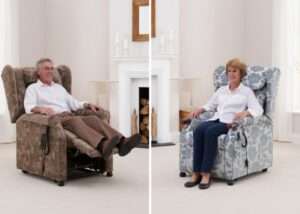
Our made-to-measure recliners have independent back angle and legrest elevation to achieve the most comfortable positioning.
Riser Function
Something else to bear in mind is a riser function — particularly vertical rise. Some arthritic clients may struggle to get to a standing position because of the pain it can cause — particularly if they have arthritis in their knees.
Including a riser function in the chair will help your clients to stand up from a seated position with more support and less pain than usual.
If a chair rises, then it’s always worth considering having a knuckle at the end of the arm with a suitable ergonomic design. This gives you something extra to grip on to when the chair does rise, giving you extra peace of mind during the sit to stand phase.
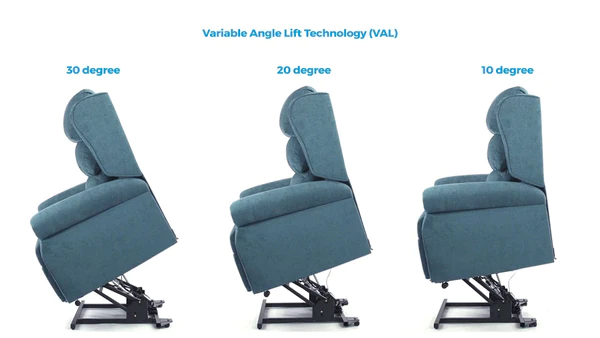
Variable Angle Lift
Fabric Choice
This is something that regularly comes up when we’re specifying chairs for people who have arthritis. The choice of fabric or material covering the chair can have a significant effect on how comfortable you are when sat down.
Arthritic joints can feel hot or warm, so using a pressure-relieving upholstery like Dartex or Panvelle Stretch can have a cooling effect on inflamed joints. This is particularly soothing for your clients who spent a lot of time sat down.
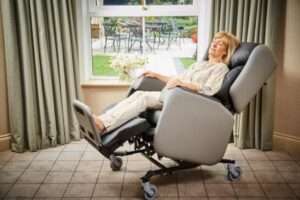
The Lento is covered in Dartex fabric which is a breathable fabric and has cooling properties. This fabric is water-repellant while allowing air to circulate, keeping the skin cool and dry.
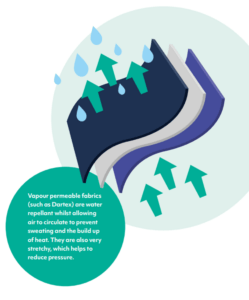
Properties of vapour-permeable fabric
Easy Handsets
Whenever you’re assessing someone for a specialist chair and they have arthritis, always consider the handset they will be using. For clients with arthritis in their hands, it can be very difficult to push small buttons or hold them down — particularly with care chairs and riser recliners.
Always try and make sure that if there is a handset, then it has bigger buttons that are easy to press. The Lento care chair is equipped with an easy-to-use handset that is ideal for this.
Guide to seat sizing & specification
Here are four useful questions you can ask a client with arthritis when specifying seating. This will help you to identify problems they might be having with their existing chair.
- Do you find it hard to manoeuvre in and out of your chair?
- Do you slouch due to the position/structure of your chair?
- Do you ache when sitting still for a long period of time?
- Does your chair feel too big or too small and you have to use cushions to become comfortable?
However, our best piece of advice if you’re struggling to find the right chair for someone with arthritis is to seek professional help!
Best Chairs for People With Arthritis
VELA Independence Chair
Designed specifically for individuals with mobility challenges, the VELA Independence Chair features smooth-running wheels for easy movement, an electric height adjustment for effortless sitting and standing, and customizable ergonomic support.

VELA Independence Chair
Lento Care Chair
The Lento Care Chair offers independent backrest and legrest adjustments, allowing users to find optimal seating positions. Its easy-to-use handset with large buttons is ideal for those with limited hand mobility.
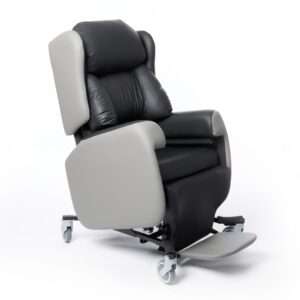
Lento Care Chair
You can get more information on what to look for in specialist seating for people with Arthritis, or any other condition or illness, in our free specialist seating eBook.
Download Our Free Ebook
Our team can also carry out free no-obligation seating assessments at home; get in touch to find out more.
Free & No Obligation Assessment
Frequently Asked Questions
Q: What type of chair is best for arthritis sufferers?
A: Chairs that offer adjustable features, such as customisable backrests and seat heights, supportive armrests, and riser functions, are ideal. These features help reduce joint strain and assist with movements.
Q: How does a riser function benefit individuals with arthritis?
A: A riser function gently elevates the chair, aiding users in transitioning from sitting to standing positions with minimal strain on the knees and hips.
Q: Are there specific materials recommended for chairs used by arthritis patients?
A: Yes, materials like Dartex are cool to the touch and can provide soothing relief for inflamed joints.
Q: Can specialised chairs improve mobility for those with arthritis?
A: Absolutely. Chairs designed with smooth-rolling casters and adjustable heights can enhance independence by making it easier to move and perform daily tasks.
Conclusion
Selecting the right chair can significantly impact the comfort and quality of life for individuals with arthritis. By focusing on ergonomic design and user-friendly features, you can find a chair that meets your specific needs and enhances daily living.



